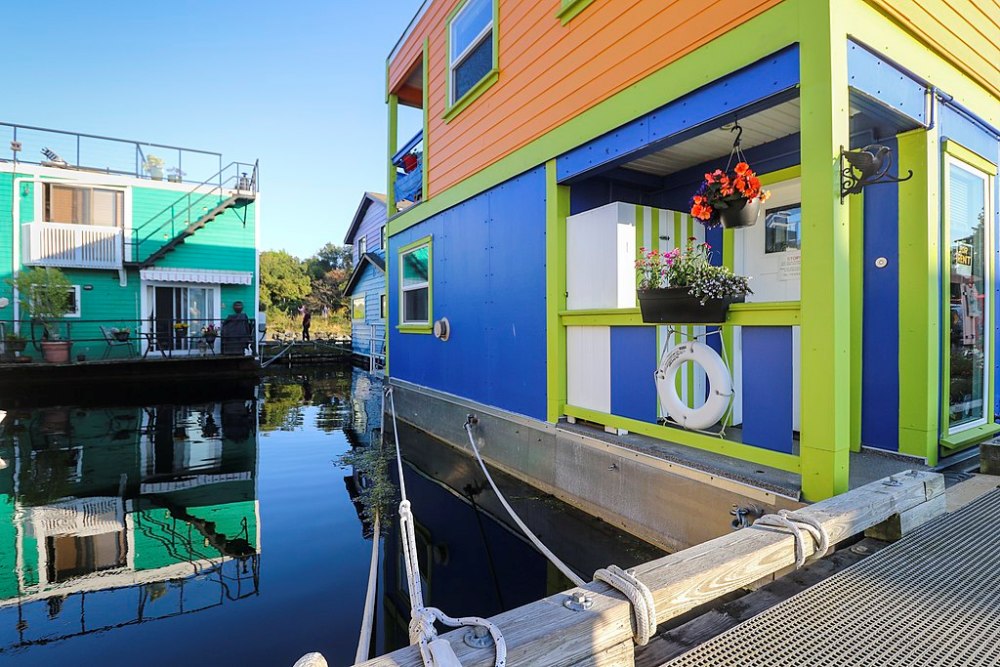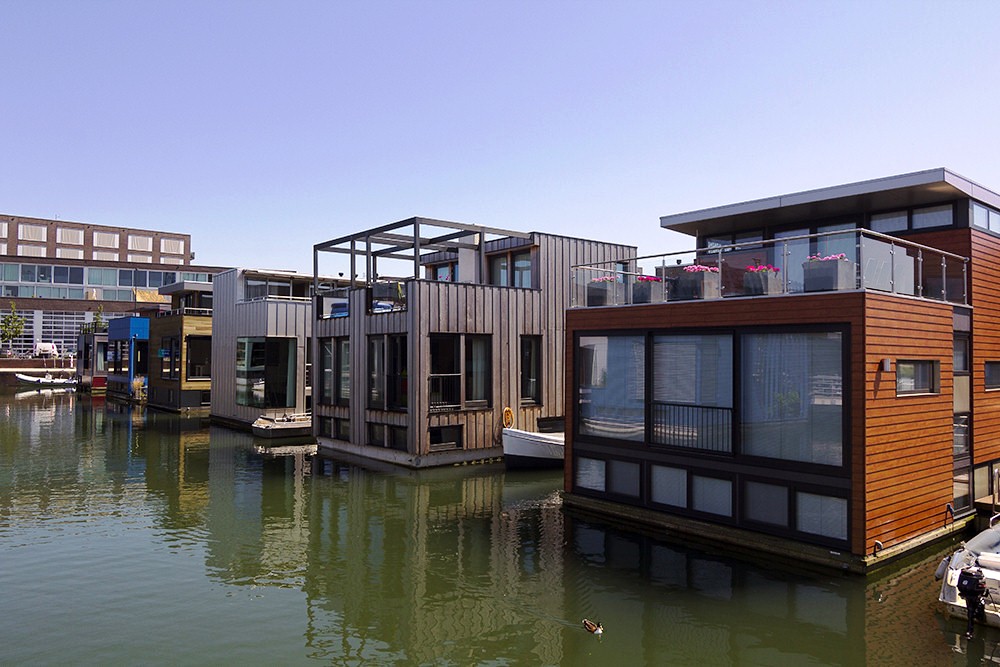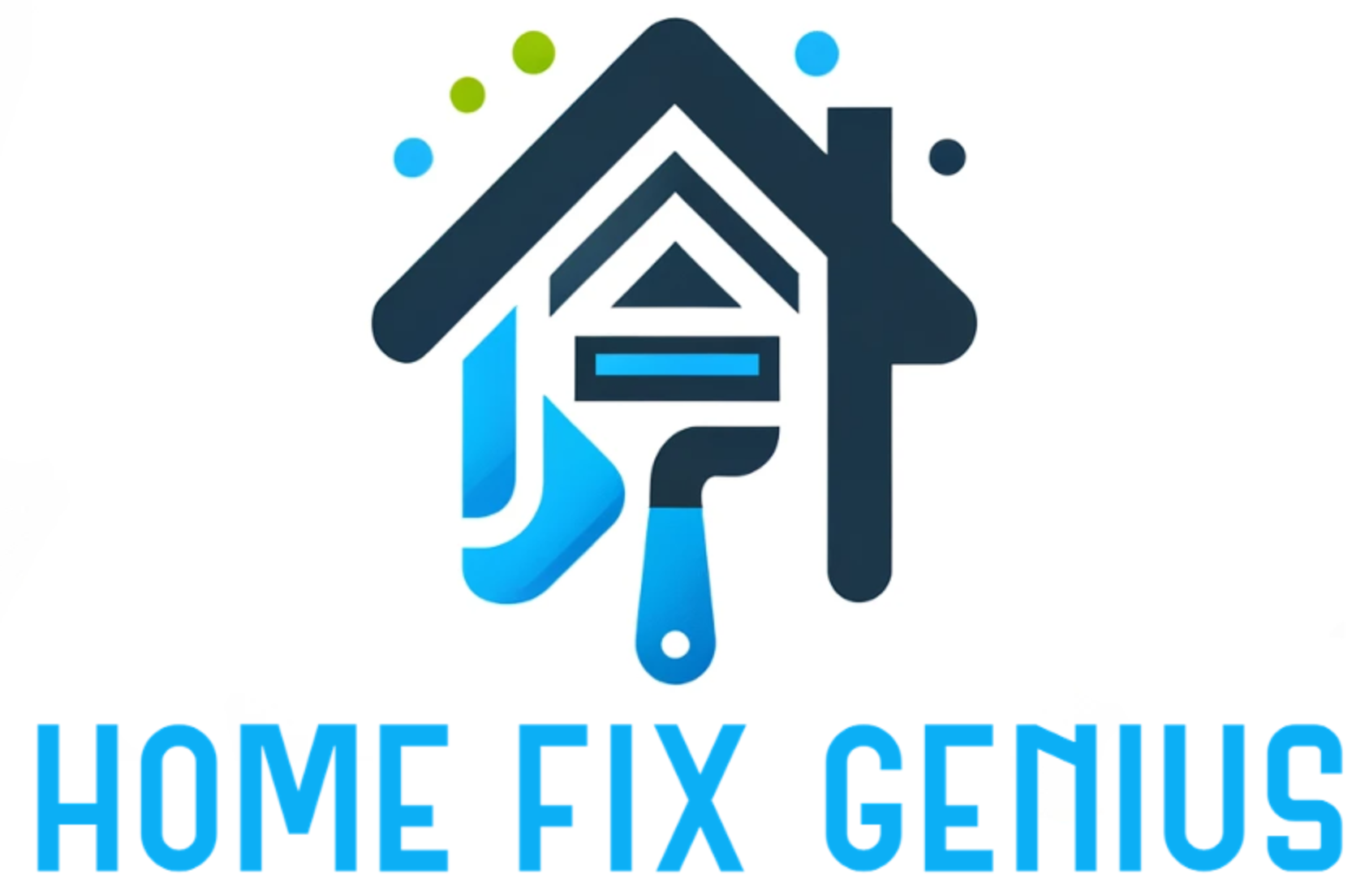
Living in a floating home offers a unique and idyllic waterfront lifestyle, but securing financing for such a property can be a complex process. In this guide, we’ll demystify floating home financing and provide you with everything you need to know to navigate the process successfully.
Understanding Floating Home Financing
Floating home financing involves obtaining a loan to purchase a houseboat or floating residence. Unlike traditional mortgages, which are secured by real estate, financing for floating homes involves unique considerations due to the unconventional nature of the property. Floating homes offer a distinctive lifestyle, often characterized by breathtaking waterfront views and a close connection to nature. Whether you’re considering a houseboat on a tranquil lake or a floating residence in a bustling urban marina, understanding the intricacies of floating home financing is crucial before embarking on your waterfront living adventure.
Types of Financing Options
When it comes to financing a floating home, you have several options to explore. Traditional mortgages, similar to those used for land-based properties, are available for some floating homes, particularly those that are permanently moored and meet certain criteria. Marine mortgages, specifically designed for boats and floating residences, are another option to consider. These loans may have different terms and eligibility requirements than traditional mortgages, so it’s essential to carefully review the terms and consult with lenders specializing in marine financing. Additionally, personal loans may be an option for financing a floating home, although they typically come with higher interest rates and shorter repayment terms than mortgage loans.
Eligibility Criteria
To qualify for floating home financing, you’ll need to meet specific eligibility criteria set by lenders. These criteria may vary depending on the type of financing you’re seeking and the lender’s requirements. Common eligibility requirements include a minimum credit score, typically ranging from 620 to 700 or higher, depending on the lender. Lenders also consider your debt-to-income ratio, which compares your monthly debt payments to your gross monthly income. A lower debt-to-income ratio indicates a stronger financial position and may improve your chances of qualifying for financing. Additionally, lenders may require a down payment, typically ranging from 10% to 20% of the home’s purchase price, depending on the loan type and lender.
Factors Influencing Loan Terms
Several factors can influence the terms of your floating home loan, including the size and value of the property, your credit score, and the loan-to-value ratio. The loan-to-value (LTV) ratio compares the loan amount to the appraised value of the property and reflects the lender’s risk. A lower LTV ratio indicates a lower risk for the lender and may result in more favorable loan terms, such as a lower interest rate. Additionally, the location of the floating home and the condition of the vessel may also impact the terms and interest rates offered by lenders. Homes in desirable locations or those in excellent condition may qualify for better loan terms than those in less desirable areas or in need of repairs.
Tips for Securing Financing
Securing financing for a floating home requires careful planning and preparation. Start by reviewing your credit report and addressing any issues that may negatively impact your credit score. Pay down existing debt and avoid opening new accounts in the months leading up to your loan application. Saving for a substantial down payment can also improve your chances of qualifying for financing and may result in better loan terms. Gather all necessary financial documents, including pay stubs, tax returns, and bank statements, to provide to potential lenders. Shopping around for loan offers from multiple lenders can help you compare terms and find the best financing option for your needs.
Potential Challenges
While financing a floating home can be an exciting prospect, it’s essential to be aware of potential challenges that may arise. Floating homes are considered unconventional properties by many lenders, which can make securing financing more challenging than for traditional homes. As a result, floating home loans may come with higher interest rates, stricter eligibility criteria, and limited financing options compared to traditional mortgages. Additionally, the unique nature of floating homes may require specialized insurance coverage, which can add to the overall cost of ownership. It’s crucial to carefully review all loan terms and consider the long-term financial implications before committing to a floating home purchase.
Working with Experienced Professionals
Navigating the complexities of home financing can be daunting, but you don’t have to do it alone. Consider working with experienced professionals, such as mortgage brokers or real estate agents specializing in floating homes. These professionals have the knowledge and expertise to guide you through the financing process and help you find the best loan terms for your needs. They can also provide valuable insights into the local market and connect you with reputable lenders who understand the unique challenges of financing floating homes. By working with experienced professionals, you can navigate the financing process with confidence and make informed decisions about your waterfront living dream.
Conclusion
Securing financing for a floating home may seem daunting, but with the right knowledge and guidance, it can be a straightforward process. By understanding the various financing options available, meeting eligibility criteria, and working with experienced professionals, you can turn your dream of waterfront living into a reality. Whether you’re purchasing a houseboat for weekend getaways or a floating residence for full-time living, exploring the possibilities of floating financing can open up a world of unique and exciting opportunities. With careful planning and preparation, you can embark on your waterfront living adventure with confidence, knowing that you’ve found the perfect financing solution for your needs.

FAQs
What is floating home financing, and how does it differ from traditional mortgages?
Floating home financing involves obtaining a loan to purchase a houseboat or floating residence, with unique considerations compared to traditional mortgages. While traditional mortgages are secured by real estate, floating home financing involves financing for properties that are not fixed to the ground. This distinction can impact eligibility criteria, loan terms, and available financing options.
What types of financing options are available for floating homes, and how do they differ?
Financing options for floating homes include traditional mortgages, marine mortgages, and personal loans. Traditional mortgages are similar to those used for land-based properties and may be available for certain types of floating homes. Marine mortgages are specifically designed for boats and floating residences and may have different terms and eligibility requirements than traditional mortgages. Personal loans may also be an option for financing a floating home but typically come with higher interest rates and shorter repayment terms than mortgage loans.
What eligibility criteria do I need to meet for floating home financing, and how can I improve my chances of approval?
Eligibility criteria for floating home financing may include a minimum credit score, debt-to-income ratio, down payment requirements, and proof of stable income and employment history. To improve your chances of approval, focus on maintaining a good credit score, saving for a substantial down payment, and minimizing existing debt. Gather all necessary financial documents, such as pay stubs, tax returns, and bank statements, to provide to potential lenders.
What factors influence the terms of floating home loans, and how can I secure the best terms?
Several factors can influence the terms of floating home loans, including the size and value of the property, your credit score, and the loan-to-value ratio. Additionally, the location of the floating home and the condition of the vessel may impact the terms and interest rates offered by lenders. To secure the best terms, focus on improving your credit score, saving for a larger down payment, and shopping around for loan offers from multiple lenders.
What are some potential challenges associated with home financing, and how can I overcome them?
While financing a floating home can be a rewarding experience, it’s essential to be aware of potential challenges. These may include higher interest rates, stricter eligibility criteria, and limited financing options compared to traditional mortgages. Additionally, the unique nature of floating homes may require specialized insurance coverage, which can add to the overall cost of ownership. To overcome these challenges, carefully review all loan terms, work with experienced professionals, and explore all available financing options before committing to a purchase.
